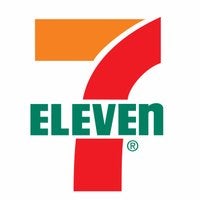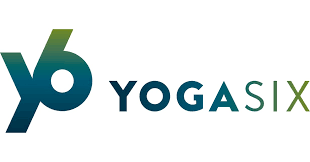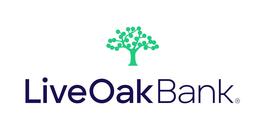Can I sell my franchise to someone else? Yes, you can sell a franchise to someone else, but the process […]
Going From Corporate to Ownership
Are you thinking about transitioning from the corporate world to starting your own business?
The progression from employee to business ownership is as exciting as it is difficult. After all, you probably have job security - or at least perceived job security, a regular income, benefits, and a bright future. However, you may be looking for more in life than building someone else’s dream. Starting your own business may be the answer.
Being an employee comes with risks that you cannot control. The company could go through a merger or get bought out, change directions and eliminate your position, downsize or go out of business.
Owning your own business also comes with risks that you cannot control. Although, as a business owner you do have control of many factors that influence your business and your future. One of the most common and proven ways to substantially reduce your risk is to buy into a franchise rather than start a business from scratch.
Owning a Franchise
If you have acquired skills in your corporate job such as time management, leadership, teamwork, managing staff, networking, etc., but lack a clear direction on what products or services you will provide, franchising may be a great solution. Franchising offers a proven business model, with training, support and systems and greatly reduces the amount of risk to aspiring business owners. Non-franchised start-up businesses have a 60% fail rate in the first few years, while start-up franchise businesses have a 90% success rate.
There are so many franchise options available in multiple industries. Some of the best franchises to own are restaurants. Other franchise categories to consider are business services, home products and services, children’s products and services, pet supplies and services, education and training services, fitness and beauty, health and personal care, travel and lodging, cleaning and maintenance services, automotive services, sports and recreation and retail.
How Much Do Small Business Owners Make?
Incomes of small business owners vary because of factors like industry, geographic location and profits.
Some industries and occupations pay more than others. To help determine your income potential, check out other business owners in your niche. Don’t expect your income to match other business owners in different industries. For more wage information by industry and occupation, visit the Bureau of Labor Statistics website.
Your income can vary based on where your business is located. There is more demand for certain products and services in some areas than others. And the cost of living differs from one area to another. The Bureau of Labor Statistics put together a State Occupational Employment and Wage Estimates guide. This is a good resource, as it breaks down wage information by industry, occupation and state.
According to the SBA, most small business owners limit their personal income to 50% of their profits. So if your business has $100,000 in profits, your personal income should not exceed $50,000. Your personal income will increase when your company’s profits are higher.
Business Owner vs. Entrepreneur
Business owners and entrepreneurs are both professionals who run businesses. However, there are a few differences that separate the two from each other. Knowing the differences can help you decide which position might be best for you.
A business owner is someone who owns a business that offers a product or service. Business owners typically have a complete understanding of their industry and know who they should market their products or services to. A business owner can earn their position by starting their own business or by purchasing or inheriting an existing company. Another key detail about business owners is their primary responsibility is running the business and the profit from the business is their only source of income.
An entrepreneur is someone who starts a business based on an innovative idea for a product or service that is not yet present in their market. This can contribute to the time it takes to build a customer base and turn a profit. Entrepreneurs typically establish their companies on their own and are responsible for seeking out support like funding from investors or vendors. Many entrepreneurs support themselves with other sources of income while starting their business.
What Do Business Owners Do?
Small business owners and entrepreneurs do whatever is required to make their companies a success. This could range from emptying the trash cans, to picking up the mail at the post office, to making sales calls, to changing the marketing strategy. This depends on how you as the owner choose to run the business and spend your time.
What a business owner does each day also depends on the industry and type of business. There are 33.2 million small businesses in the United States alone. So naturally, the day to day activities will vary greatly.
Recent Articles
Why a Salad Franchise is a Fruitful Financial Opportunity
Are salad franchises profitable? Salad franchises can be profitable, but success depends on various factors including location, competition, quality of […]
Home-based Franchise: 12 Options You Can Run Remotely
Can you run a franchise from home? Yes, it is possible to run a home-based franchise, depending on the nature […]
Turnkey Business for Sale: What to Know Before You Buy
Are turnkey businesses profitable? The profitability of turnkey businesses can vary depending on various factors such as the industry, market […]
In Business for Yourself.. and Totally by Yourself !
The much used statement, which screams the benefit of buying a franchise: “In Business For Yourself BUT Not By Yourself,” […]
7-Eleven Franchise: What to Know About Owning a Convenience Store
Owning a 7-Eleven franchise involves a unique business model that is somewhat different from other franchising opportunities. Here's an overview […]






















